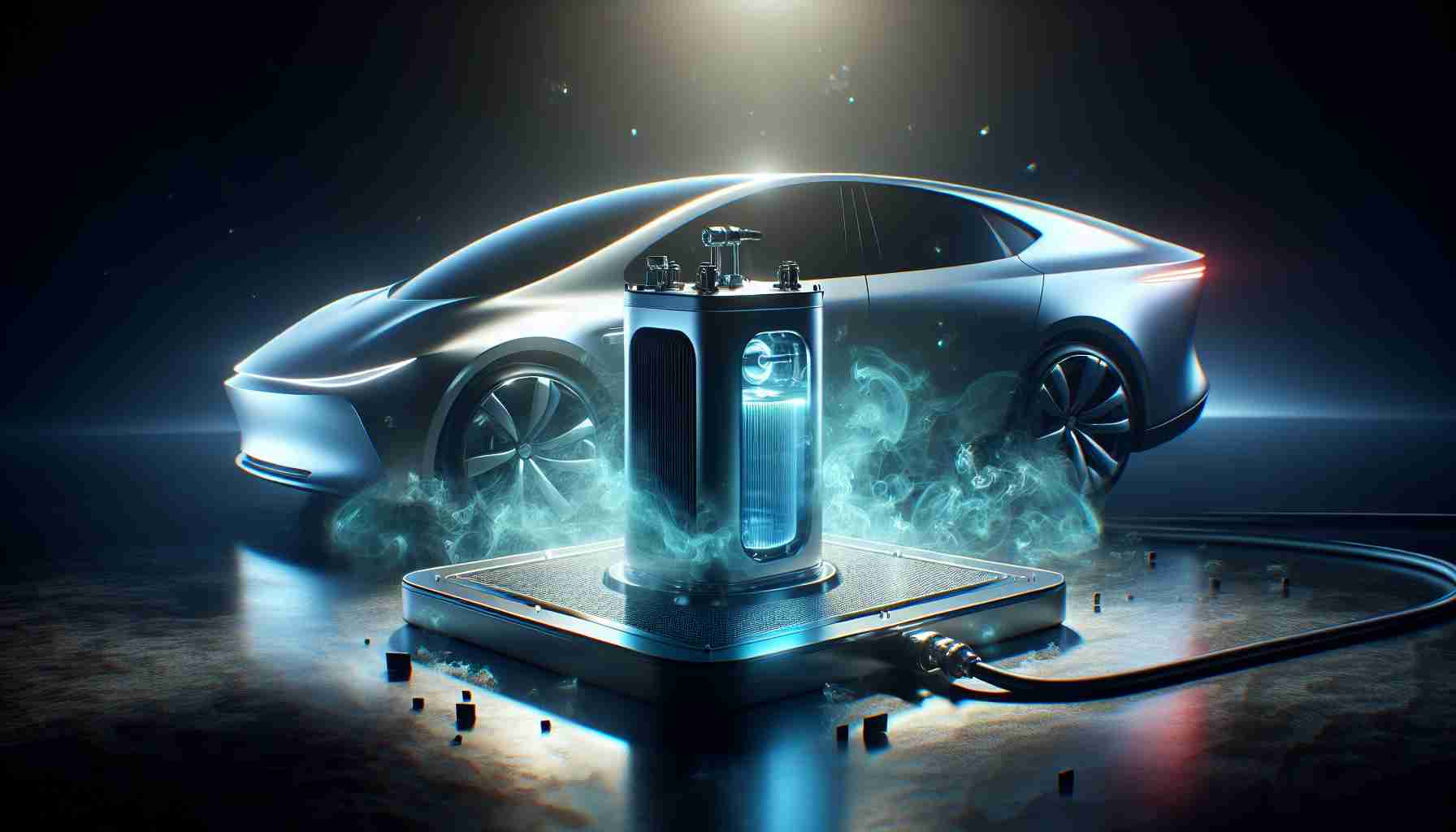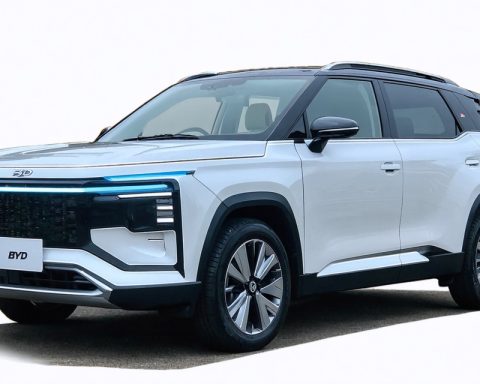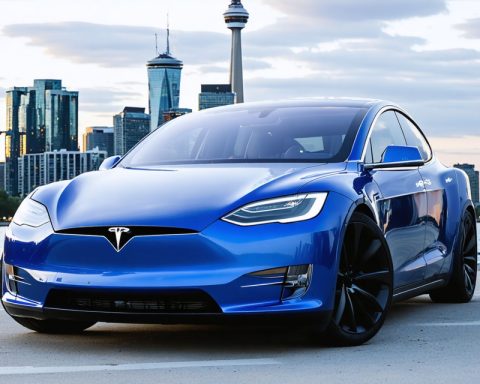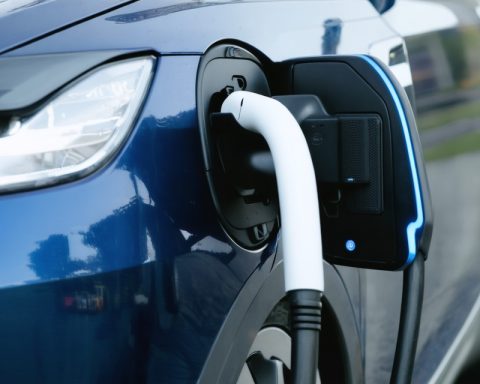- The electric vehicle (EV) market is rapidly outpacing hydrogen fuel cell vehicles, with 4.5 million EVs sold in early 2024 compared to only 5,621 hydrogen cars.
- Hydrogen fuel efficiency is significantly lower than that of electric vehicles, with EVs achieving 69% efficiency versus just 23% for hydrogen systems.
- Logistical challenges in transporting hydrogen significantly limit its viability, including the need for expensive storage and multiple tankers to match diesel energy levels.
- Leading trucking companies are shifting focus towards electric solutions, which could dominate up to 90% of future heavy-duty truck volumes.
- The transition to hydrogen-powered trucks is likely overestimated, as the electric revolution continues to gain momentum.
The race for the future of transportation is unfolding, and the spotlight is shifting decidedly toward electric vehicles (EVs). In the first half of 2024, only 5,621 hydrogen fuel cell cars were sold globally, a stark contrast to the 4.5 million battery electric vehicles that hit the roads. As the narrative evolves, it appears that hydrogen isn’t the superhero many hoped for, especially in the trucking industry.
Mike Nakrani, CEO of VEV, emphasizes a critical turning point. His past ventures into hydrogen fuel for heavy-duty vehicles revealed a stark truth: hydrogen’s inefficiencies make it less viable compared to its electric counterparts. Efficiency is key; while an electric vehicle can harness 69% of its energy, a hydrogen system barely manages 23%. This vast difference highlights why battery technology is rapidly becoming the go-to option for truck manufacturers looking to meet energy demands sustainably.
Furthermore, the logistics of transporting hydrogen fuel present daunting challenges. Compressed hydrogen requires bulky and expensive storage solutions—20 hydrogen tankers are needed to match the energy of one diesel tanker. Even the alluring promise of quick refueling fades when faced with the complexities of hydrogen transport and storage.
Nakrani points out a crucial consideration—the supposed transition to hydrogen-powered trucks may be overstated. Major players in the trucking market are recognizing that electric solutions could represent up to 90% of future heavy-duty truck volumes.
As the dust settles, the overwhelming evidence suggests a pivotal shift: the future is electric, leaving hydrogen as a niche player with limited potential. Companies heavily invested in hydrogen technologies may need to reconsider their paths and embrace the electric revolution that is charging ahead.
The Electric Revolution: Why Hydrogen May Be Left Behind
The Future of Transportation: Electric Vehicles vs Hydrogen
The automotive industry is in a state of transformation, heavily leaning towards electric vehicles (EVs) and leaving hydrogen fuel cell technology in the shadows. With the sale of 4.5 million battery electric vehicles in the first half of 2024 compared to only 5,621 hydrogen fuel cell cars, it’s evident that electric technology is preferred by consumers and manufacturers alike. This trend is supported by the insights of industry leaders like Mike Nakrani, CEO of VEV, who underscores the inefficiencies of hydrogen in heavy-duty transportation.
Key Insights and Innovations
1. Efficiency Metrics: Electric vehicles utilize approximately 69% of their energy, while hydrogen systems only manage about 23%. This stark contrast in efficiency is a significant factor driving manufacturers toward electric solutions rather than hydrogen alternatives.
2. Logistical Challenges: The transportation of hydrogen poses significant challenges, requiring 20 hydrogen tankers to equal the energy capacity of just one diesel tanker. These complexities detract from hydrogen’s appeal for long-haul trucking.
3. Market Dynamics: Major players in the trucking industry are adjusting their expectations, with forecasts indicating that 90% of future heavy-duty truck volume may rely on electric power instead of hydrogen, showcasing a decisive shift in market sentiment.
Pros and Cons
Pros of Electric Vehicles:
– Higher energy efficiency.
– Growing charging infrastructure.
– Rapid technological advancements in battery storage.
Cons of Electric Vehicles:
– Limited range compared to some diesel trucks.
– Higher upfront costs, though reduced total cost of ownership.
Pros of Hydrogen Vehicles:
– Quick refueling capabilities.
– Potential for longer ranges on certain applications.
Cons of Hydrogen Vehicles:
– Low energy efficiency.
– Complicated and expensive transport and storage methods.
Predictions and Market Analysis
As the narrative unfolds, we can anticipate several trends in the transportation industry:
– Increased Demand for EV Infrastructure: With more manufacturers pivoting toward electric trucks, investment in charging stations and battery technology will become crucial to support the growing fleet.
– Innovation in Battery Technology: Continued research and development will likely improve energy densities and reduce costs, making electric trucks even more attractive.
– Potential Market Shifts: Companies invested in hydrogen technology may need to rethink their strategies to align with the realities of market trends favoring electric vehicles.
Related Questions
1. What are the main advantages of electric vehicles over hydrogen fuel cell vehicles?
– Electric vehicles are more efficient, widely supported by infrastructure, and have lower operational costs compared to hydrogen vehicles. Their rapid adoption is being driven by high efficiency and the expansion of charging networks.
2. How is the trucking industry adapting to the shift from hydrogen to electric?
– The trucking industry is investing heavily in electric vehicle technologies, with manufacturers forecasting that electric options will dominate the market. As a result, there is a growing push for more electric vehicle models and charging infrastructure.
3. What does the future hold for hydrogen technologies in transportation?
– While hydrogen may still have niche applications, particularly in heavy-duty sectors where quick refueling is essential, the lack of efficiency and the complexities involved in its supply chain will likely hinder its widespread adoption.
For more insights on electric vehicles and market trends, visit Forbes and Bloomberg.

















